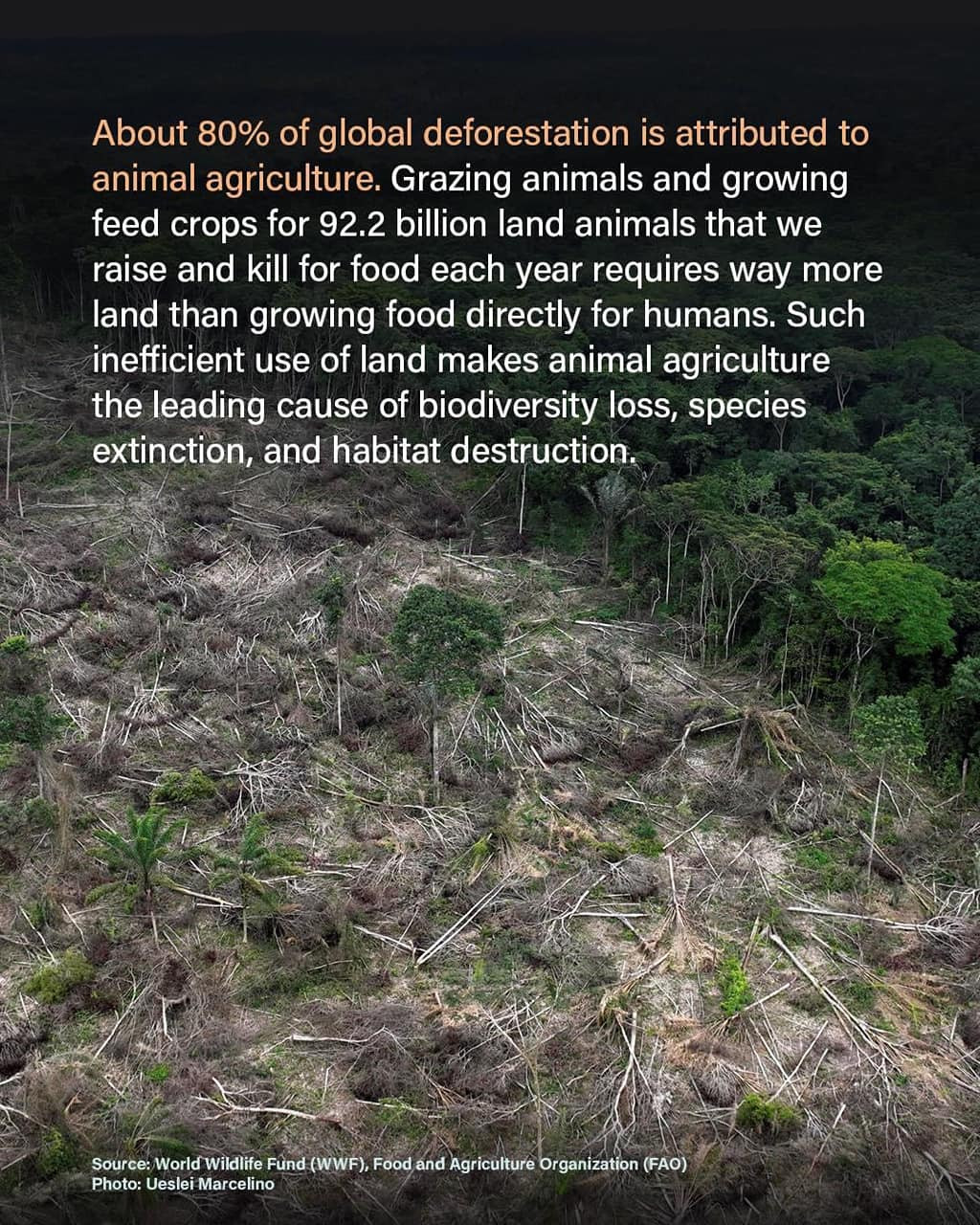Fishing industry brutality is a grim reality that often lurks beneath the surface of an activity typically associated with tranquility and sustenance. While the picturesque image of fishermen casting their nets against the backdrop of a serene ocean may dominate postcards and tourism brochures, the truth behind the scenes can be shockingly different.
Fishing industry brutality manifests in various forms, ranging from human rights abuses to environmental degradation. One of the most concerning aspects is the exploitation of laborers, often in developing countries where regulations are lax and oversight is minimal. Workers in these regions endure long hours, minimal pay, and hazardous conditions, all for the sake of supplying seafood to global markets.
In some cases, fishing industry brutality extends beyond exploitation to outright violence. Reports of physical abuse and even slavery have surfaced in certain parts of the world, painting a distressing picture of an industry plagued by disregard for human dignity. These atrocities often go unnoticed, hidden beneath the waves and shielded from public scrutiny.
Moreover, the environmental impact of commercial fishing practices cannot be overlooked. Overfishing, destructive fishing methods, and bycatch contribute to the depletion of marine resources and threaten the delicate balance of ocean ecosystems. The pursuit of profit at any cost leads to the indiscriminate plundering of marine life, leaving behind a trail of devastation.
Addressing fishing industry brutality requires a multifaceted approach. Governments must enforce stricter regulations to protect the rights of workers and safeguard the environment. Consumers can also play a role by demanding sustainably sourced seafood and supporting ethical fishing practices. Additionally, increased transparency and accountability within the industry are crucial steps towards combating systemic abuse and exploitation.
Despite the challenges ahead, there is hope for change. Organizations dedicated to promoting ethical fishing practices and advocating for the rights of workers are making strides in raising awareness and implementing solutions. By shining a light on the dark underbelly of the fishing industry, we can work towards a future where brutality and exploitation are no longer tolerated.
In conclusion, fishing industry brutality is a pressing issue that demands attention and action. From the mistreatment of workers to the destruction of marine ecosystems, the consequences of unchecked exploitation reverberate far and wide. By acknowledging the problem and taking steps to address it, we can pave the way for a more just and sustainable fishing industry.







